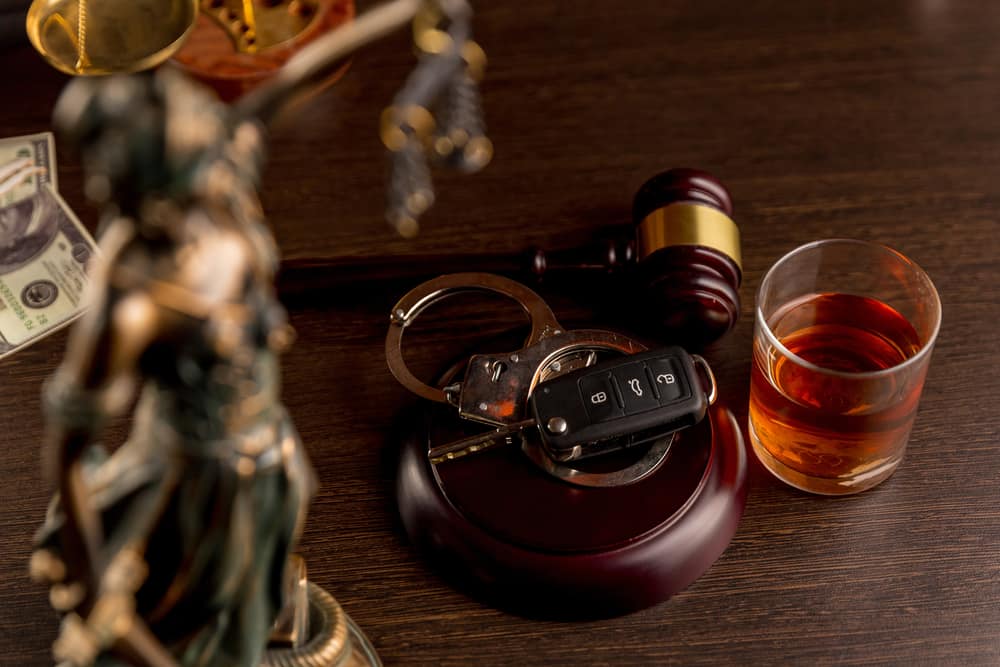In the state of New York, approximately 30% of all fatal crashes are alcohol-related. This devastating fact is the reason why DWI laws exist both in New York and throughout the country. Officials understand that there are severe dangers presented when any individuals are driving under the influence, and that is why they are so diligent about pursuing those who might attempt to do this. Thus, we should try to understand what the DWI laws are in the State of New York and why they are set up the way that they are.
The Factors that Impact Impairment
It is understood that driving while under the influence of alcohol is a dangerous activity to partake in. Alcohol impairs one’s judgment, slows one’s reaction times, and impacts one’s basic motor skills. As such, it is not safe at any time to drive while under the influence of alcohol.
A number of factors may impact the exact level of influence that alcohol has on a specific drivers including:
- The body mass of the driver
- How much food the driver has consumed that day
- How much alcohol the driver consumed
- How recently they consumed the alcohol
- The gender of the driver
All of these factors have some impact on just how intoxicated a driver will be when they are out on the roads. However, just assuming that you “fine to drive” and not ensuring that this is the case is not enough.
The Legal Standards in New York
The standards for driving with intoxicated in New York are set as follows:
- DWI (Driving while impaired) – Blood alcohol content (BAC) of 0.08% or more
- Driving while ability impaired by alcohol (DWAI) – Blood alcohol content of 0.05%-0.07%
- Aggravated DWI – Blood alcohol content of 0.18% or more
- Zero Tolerance Law – Driver under the age of 21 with a BAC of between 0.02%-0.07%
That last point is important as it refers to drivers who are under the age of 21 specifically. They are not permitted to legally consume any amount of alcohol. Thus, they can be arrested under the Zero Tolerance Law if their blood alcohol level is between 0.02 and 0.07%. This BAC might not be considered illegal for other drivers, but it is for someone under the age of 21 as they are not permitted to have any alcohol at all.
Penalties that One May Face
The penalties that one may face for various driving while impaired offenses are severe, and they are severe for a reason. The reckless behavior of someone who decides to drive while impaired needs to be swiftly penalized in order to deter this type of behavior from happening again. Thus, you should know that the following penalties are certainly on the table if you are found to be driving while impaired:
If Convicted of Aggravated DWI
A mandatory fine of between $1,000 and $2,500 will be levied against you as well as the possibility of serving up to 1 year in jail. Your license will also be revoked for the period of one year guaranteed.
If Convicted of DWI or DWAI
A mandatory fine of between $500 and $1,000 as well as up to six months in jail. You may incur additional penalties and fines for subsequent offenses. There is a possibility that your license will be revoked.
Second DWI
A conviction of a second DWI will result in higher penalties than the first. You are looking at a fine of between $1,000 and $5,000 and the possibility of serving up to 4 years in prison for it. Your license will be revoked for at least a year.
The penalties only continue to climb higher from that point on. It is important to understand this and to understand why the laws against DWI and DWAI are so intense in New York. These high penalty laws help save lives out on the road, and there is no greater calling than to save lives. Thus, the penalties are understandable when viewed through the lens of what they may prevent.
For more information about these laws and what you can do if you are charged with this crime, please contact us today.




